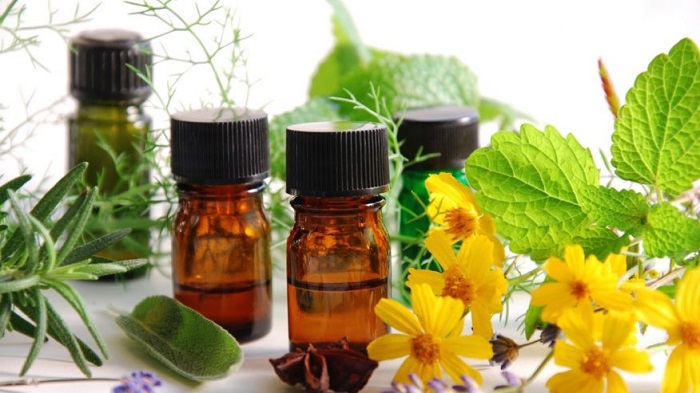Although essential oils might be a natural alternative to prescription or over-the-counter remedies, experts say they can be unsafe to use and even downright dangerous.
Moms use essential oils for everything
From seasonal allergies and bug bites, to stomachaches, growing pains and swimmer’s ear, moms are using essential oils for just about every minor ache and pain their children have.
They’re even hoping the little vial will help their children sleep through the night or deal with separation anxiety, said Stephanie Fritz, a licensed midwife and a certified professional midwife in Sierra Vista, Ariz. and author of “Essential Oils for Pregnancy, Birth & Babies.”
“There are so many things that you can’t use over-the-counter nowadays that you can safely use essential oils for,” Fritz, who is a Diamond Wellness Advocate for doTerra, said.
Yet as they become more popular, experts are growing concerned about their safety— especially when they’re not used correctly.
In fact, between 2011 and 2015 the number of essential oil exposures doubled and 80 percent of cases were children, according to the Tennessee Poison Center at Vanderbilt University Medical Center.
“Toxicity typically occurs when essential oils are either undiluted or they’re used excessively,” said Justin Loden, Pharm.D., a certified specialist in poison information (CSPI) at the Tennessee Poison Center.
Essential oils can cause skin irritation and children can even develop an allergy to them if they’re used too frequently.
“Many parents are using them for asthma without realizing it can actually make it worse,” said Dr. Erika Krumbeck, a naturopathic physician who specializes in pediatrics and the founder and owner of Montana Whole Health in Missoula, Mont.
Using a diffusor or applying essential oils to a child’s feet are probably safe ways to use essential oils, but if they’re applied near the mouth or the nose or used internally for teething for example, they can be dangerous.
“Anything that numbs the gum also has the potential to numb the gag reflex,” Krumbeck said. As a result, a baby can aspirate or breathe in his own saliva and then develop pneumonia.
What’s more, since essential oils are fat-soluble, they can be directly or passively absorbed into the intestines and cross the blood-brain barrier. Although rare, some essential oils therefore have the potential to be neurotoxic and can cause seizures or slowed breathing and may even be fatal, Krumbeck said.
How to use essential oils safely
Experts say essential oils can be used safely with children, but parents should always take precautions and use them properly.
1. Know why you’re using it.
Before using essential oils, think about why you’re using them in the first place. If it’s to calm your child before bedtime, a lavender pillow in the room (never in the crib) or some extra cuddle time might do the trick.
If you’re unsure whether using essential oils is the right remedy, however, always ask your child’s doctor first.
“We always try to figure out what’s happening and treat the underlying cause even if it is something natural,” Krumbeck said.
2. Use common sense.
Some essential oils like lavender are mild, but if the oil smells too strong to you, it’s too strong for your child. Never use essential oils internally, apply them near the eyes or the airways or on a baby’s feet if he puts them in his mouth.
3. Dilute it.
Essential oils should be diluted in a carrier oil, such as olive oil or coconut oil in a one to three ratio, Fritz said.
4. Ask for advice.
Always read the instructions included with your products to make sure you’re using them safely. If you’re unsure if an essential oil is safe or how to use it, speak to a naturopath or a practitioner who has expertise with essential oils.
5. Choose wisely.
When shopping for essential oils, choose a company that conducts independent testing with a third-party laboratory. Also, make sure the products are 100 percent pure, naturally extracted, and undiluted and they don’t contain chemicals, fillers and artificial ingredients, Fritz said.
6. Store them properly.
Treat essential oils the same as you would prescription and over-the-counter medications: Keep them out of your child’s reach or in a medication lock box.
More about:
















































